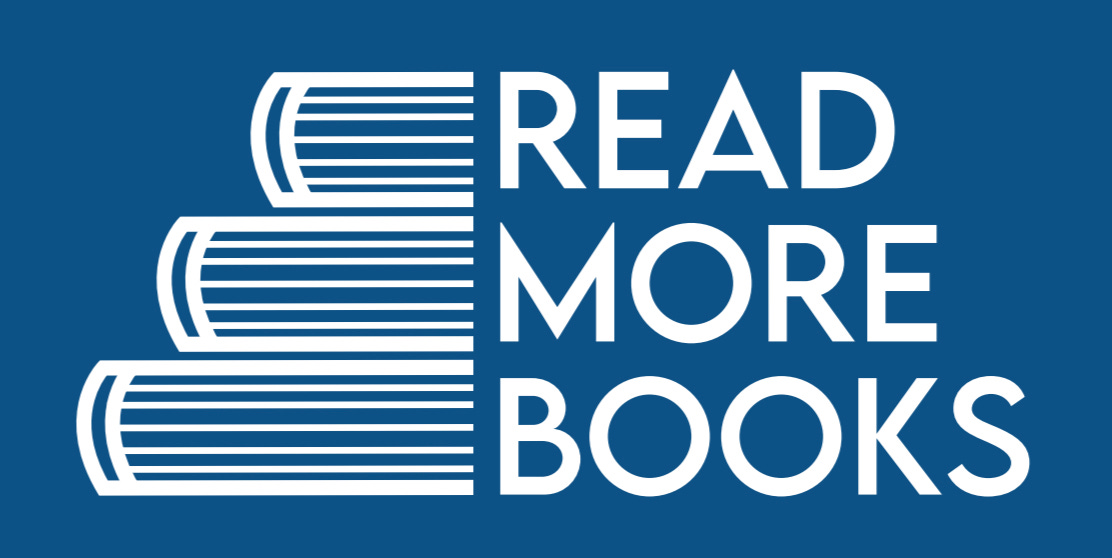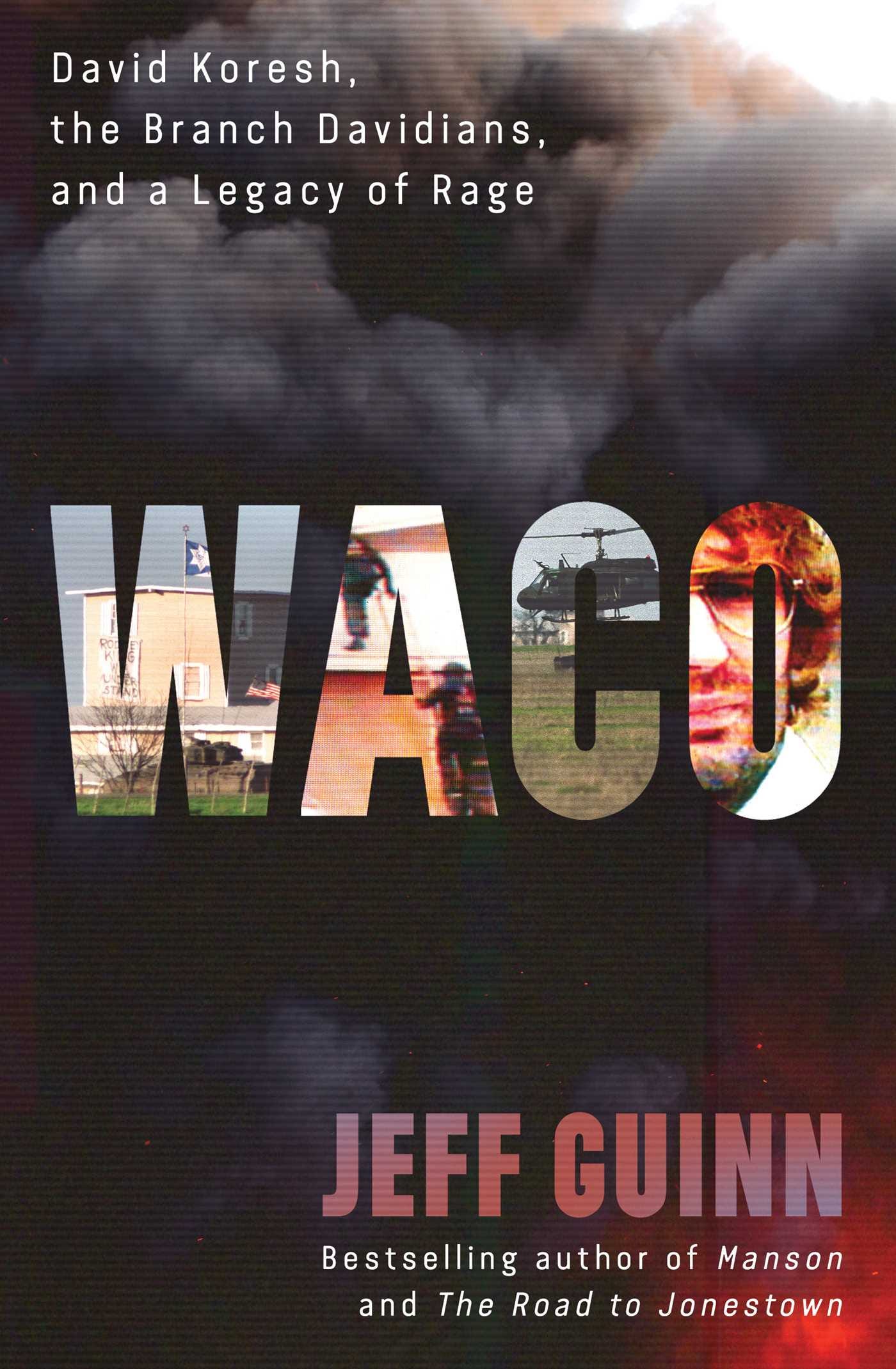What to Read Next (No. 269): Passion, for Better or Worse
Happy Friday, readers!
This week I’m thinking about passion — that oh-so-powerful concept which has been written about ad nauseam, especially since the 1980s when business minds began using the word in the context of career and leadership development.
One of the books featured this week looks at passion within that context, but from a different angle than I’ve encountered before.
The other book on this week’s docket looks at the flipside of passion. What happens when it goes awry in an individual and in a group — and when that passion is misinterpreted by outside observers?
As always, I’d love to hear what you’re reading and enjoying!
Upgrade to a paid subscription to support this newsletter and to get my weekly “This & That” feature, which is full of links, lists, ideas, recommendations, and more:
Waco: David Koresh, the Branch Davidians, and A Legacy of Rage by Jeff Guinn
Coming up on the 30th anniversary of the 1993 disaster in Waco, Texas, a trio of big books have hit the scene, each of which claim to tell the “real” story behind the siege.
The first title I reached for was Jeff Guinn’s, whose work I know and love. His expertise on cult leaders — as in Manson and The Road to Jonestown — is unique in that he goes really deep on cultural context and background before getting to the apex of what his subjects are infamous for.
So I shouldn’t have been surprised when Guinn spent a lot of time telling the story of Vernon Howell. This name was unfamiliar to me, though it became clear soon enough that his transformation into David Koresh was due to a combustive mix of familial, cultural, and genetic factors.
Though the average American only became familiar with the Branch Davidians in the midst of the 1993 tragedy, the religious sect had its fair share of dramatics for decades before that. Guinn gives this particular part of the backstory just the right amount of space before getting to the ‘90s and the fiery televised disaster which, coming on the heels of Ruby Ridge, would serve to create a permanent distrust between religious groups and the United States government.
This book is shorter than what I’m used to from Guinn — 328 pages as compared to 400+ — which just meant that each page was distilled into what was most impactful and important. After reading a few of his books in the last couple years, I’m comfortable putting him into the must-read column.
Waco is the kind of book that will appeal to a variety of readers — if you’re at all into true crime, cults, or society at large in the 90s, don’t hesitate to give it a shot.
The Passion Paradox by Steve Magness and Brad Stulberg
“While there are plenty of voices telling you to find your passion, there are hardly any telling you how to be passionate.”
In the last 20 years, the going advice towards the idea of passion has yo-yoed between “follow your passion” and “following your passion is overrated.” Readers have been left to try to figure it out themselves — which is fine, really, because that’s how it should be.
What’s interesting is that very few books have explored what to do if and when you do find your passion and have decided to go after it. The Passion Paradox dives deeply into that idea of “What’s next?” How do you harness and use passion in a healthy, life-giving way?
This user guide is short (~165 pages) and potent. The nuanced insights about the benefits and downsides of passion — with plenty of interesting anecdotes along the way — are a breath of fresh air in the bloated and oft-repetitive personal development space.
I especially appreciated a few counterintuitive and rather thought-provoking pieces of advice that I haven’t really seen anywhere else.
One such idea is that the concept of “balance” — that buzziest of buzzwords in career-focused content — is perhaps overrated. They advocate instead for an intentional roller coaster approach: embrace seasons of obsessive work, followed by periods of rest and recharging:
“Maybe the good life is not about trying to achieve some sort of illusory balance. Instead, maybe it’s about pursuing your passions fully and harmoniously, but with enough self-awareness to regularly evaluate what you’re not pursuing as a result—and make changes if necessary.”
I always enjoy the working duo of Steve Magness and Brad Stulberg. Though The Passion Paradox didn’t seem to get as much attention as their other books, it’s perhaps the most practical of the bunch (well, it was for me at least!). If you’re at all thinking about the idea of passion and what it means in your life, this one is a must-read!
That’s all for me this week. Thanks so much for reading — I deeply appreciate the time and inbox space.
-Jeremy




Waco was really good. I’ll have to check out the others by Guinn you mentioned. Thanks Jeremy.
That Waco book is great. The book he did on Jim Jones is great too.